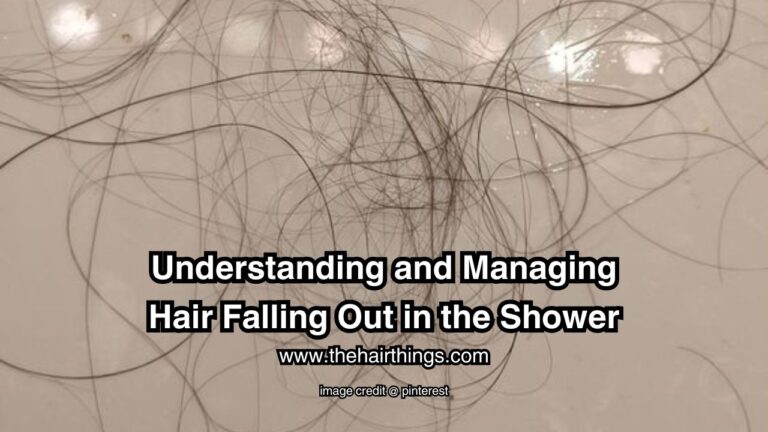A frequent problem that many people have is a dry scalp, which may be upsetting and frustrating. Itching, flaking, and even shame are possible outcomes of it. Thankfully, this issue can be managed and your scalp’s health can be restored with a number of preventative actions and therapies. We will look at a few practical ways to get healthier, more nourished hair and fight dry scalp in this article.
Table of Contents
ToggleUnderstanding Dry Scalp
Before delving into remedies, it’s essential to understand what causes dry scalp. Several factors contribute to this condition, including:
Lack of Moisture:
Just like the skin on the rest of your body, your scalp needs moisture to stay hydrated and healthy. Factors such as cold weather, harsh shampoos, and excessive washing can strip the scalp of its natural oils, leading to dryness.
Skin Conditions:
Certain skin conditions like eczema, psoriasis, and seborrheic dermatitis can contribute to dry scalp. These conditions can cause inflammation and flaking, exacerbating the problem.
Diet and Hydration:
A poor diet lacking in essential nutrients and hydration can also impact the health of your scalp. Ensure you’re consuming enough water and incorporating foods rich in vitamins and minerals, such as fruits, vegetables, and omega-3 fatty acids.
Effective Remedies for Dry Scalp
Let’s look at some practical solutions to deal with dry scalp now that we have a better idea of what causes it:
1. Moisturizing Shampoos and Conditioners:
Look for gentle, moisturizing shampoos and conditioners formulated specifically for dry scalp. These products contain hydrating ingredients like coconut oil, shea butter, and aloe vera, which can help nourish the scalp and lock in moisture.
2. Scalp Massage:
Regular scalp massages can improve blood circulation and stimulate the production of natural oils, helping to alleviate dryness. Use your fingertips to gently massage your scalp in circular motions for a few minutes before shampooing.
3. Tea Tree Oil:
Tea tree oil has natural anti-inflammatory and antifungal properties, making it an excellent remedy for dry scalp. Mix a few drops of tea tree oil with a carrier oil like coconut or olive oil and massage it into your scalp. Leave it on for 30 minutes before shampooing.
4. Apple Cider Vinegar Rinse:
Apple cider vinegar helps balance the pH of the scalp and remove buildup, making it an effective remedy for dry scalp. Mix equal parts apple cider vinegar and water and use it as a final rinse after shampooing.
Conclusion
Despite the discomfort associated with dry scalp, you may restore balance and moisture to your scalp by taking the appropriate medications and taking precautions. Use gentle, moisturizing hair care products and think about using frequent treatments like tea tree oil and apple juice vinegar. You should also include scalp massages in your regimen. By taking proactive measures to take care of your scalp, you may bid adieu to the problems associated with dry scalp and enjoy healthier, more lustrous hair.
FAQs:
Why does one get a dry scalp?
Examine the causes of dry scalp, such as dietary practices, skin disorders, and environmental variables.
How may a dry scalp be treated at home?
Learn how to treat dry scalp at home using moisturizing shampoos, apple cider vinegar rinses, tea tree oil, and scalp massages.
Exist special shampoos designed to treat dry scalps?
Find out about moisturizing conditioners and shampoos that don’t remove natural oils from the scalp while hydrating it and fighting dryness.
Does tea tree oil work well on dry scalps?
Recognize the advantages of tea tree oil, which has antifungal and anti-inflammatory qualities, in treating and relieving dry scalp.
Which lifestyle adjustments can help guard against dry scalp?
Examine dietary modifications, hydration strategies, and scalp hygiene techniques to avert dry scalp and preserve a wholesome scalp atmosphere.








